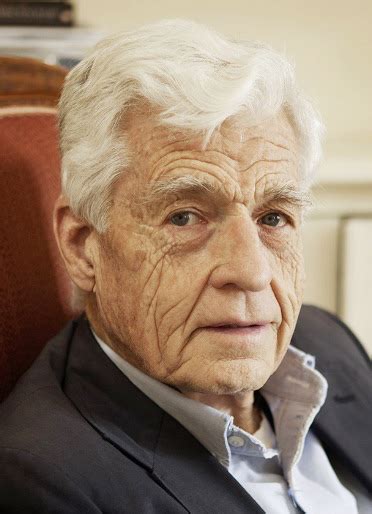A Quote by W. H. Auden
There has been a vast output of critical studies in contemporary poetry, some of them first rate, but I do not think that , as a rule, a poet should read them.
Related Quotes
I wrote poetry for seven or eight years, maybe longer, before I could say I was a poet. If people asked, I'd say I wrote poetry; I wouldn't go further. I was in my mid- to late-thirties before I felt that I was a poet, which I think meant that I had begun to embody my poems in some way. I wasn't just a writer of them. Hard to say what, as a poet, my place in the world is. Some place probably between recognition and neglect.
If you cannot read all your books...fondle them---peer into them, let them fall open where they will, read from the first sentence that arrests the eye, set them back on the shelves with your own hands, arrange them on your own plan so that you at least know where they are. Let them be your friends; let them, at any rate, be your acquaintances.
There were the events of 1968 when young people began to ask their parents, what did you do in the war? And since the middle- or late-'70s, the French have been absolutely obsessed with the Vichy regime. They have an institute of contemporary history that turns out first-rate scholarly work. Their textbooks are accurate. Whether the students actually read them is another matter.
Because most of the girls were still in mourning and all of them had lost their textbooks, even pencils and pens, Shaukat Ali began the first classes by reading to them from poetry and religious texts. "Reading, literature, and spirituality are good for the soul," he told them. "So we will start with these studies.
My first advice would be to read, read, read, which sounds interesting coming in a digital age, but it's so much easier to listen to a poem than it is to sit down and actually read it and to hear it in your head and that is something that every poet or aspiring poet needs to be able to do, I think to hear it in their head.
The best thing about conceptual poetry is that it doesn’t need to be read. You don’t have to read it. As a matter of fact, you can write books, and you don’t even have to read them. My books, for example, are unreadable. All you need to know is the concept behind them. Here’s every word I spoke for a week. Here’s a year’s worth of weather reports... and without ever having to read these things, you understand them.







































